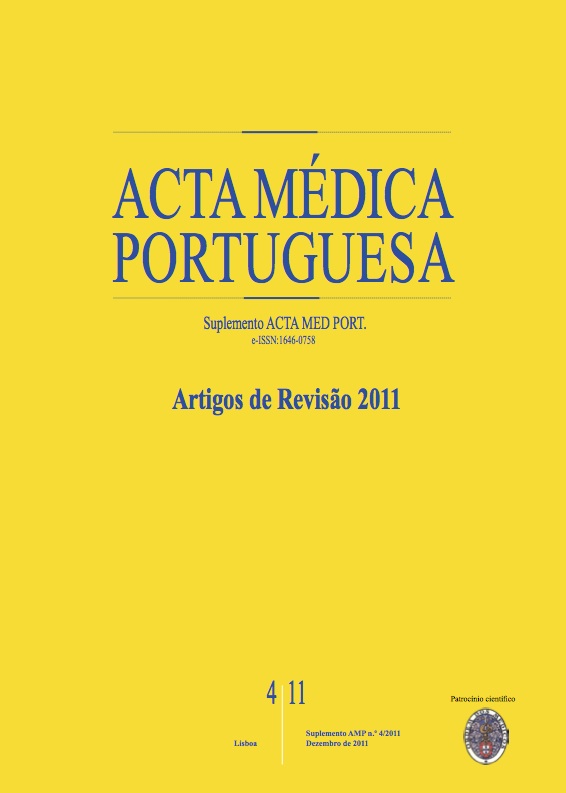Alcohol liver disease patients and liver transplantation: a phsicosocial approach.
DOI:
https://doi.org/10.20344/amp.1587Abstract
One of the most common indications for Liver transplantation is Alcohol Liver Disease (ALD). Transplant recipients with ALD have a similar prognosis in terms of medical evolution and quality of life to those with other liver diseases. ALD is present when alcoholism (alcohol dependence /abuse) or heavy drinking coexists with chronic/acute liver disease. In the present article difficulties in establishing this diagnosis are debated. The main predictors of alcohol intake relapse after transplantation are: pre-transplantation abstinence (> 6m), social support, diagnosis acceptance, history of previous treatments, alcohol abuse VS dependence, Vaillant prognosis factors, good adherence (good prognosis); and family history of alcoholism, psychiatric history (psychosis, personality disorder), duration of alcoholism period, quantity of alcohol /day consumed (bad prognosis). Based in these factors we present a new evaluation scale. Diagnosis of alcohol relapse depends on the criterion used. Relapse rate is 5.6% /year. In the end of this article we discuss the different psychopharmacological and psychological methods used to treat pos-transplantation alcoholism relapse and some ethical aspects related to discrimination of patients with ALD.Downloads
Downloads
How to Cite
Issue
Section
License
All the articles published in the AMP are open access and comply with the requirements of funding agencies or academic institutions. The AMP is governed by the terms of the Creative Commons ‘Attribution – Non-Commercial Use - (CC-BY-NC)’ license, regarding the use by third parties.
It is the author’s responsibility to obtain approval for the reproduction of figures, tables, etc. from other publications.
Upon acceptance of an article for publication, the authors will be asked to complete the ICMJE “Copyright Liability and Copyright Sharing Statement “(http://www.actamedicaportuguesa.com/info/AMP-NormasPublicacao.pdf) and the “Declaration of Potential Conflicts of Interest” (http:// www.icmje.org/conflicts-of-interest). An e-mail will be sent to the corresponding author to acknowledge receipt of the manuscript.
After publication, the authors are authorised to make their articles available in repositories of their institutions of origin, as long as they always mention where they were published and according to the Creative Commons license.









